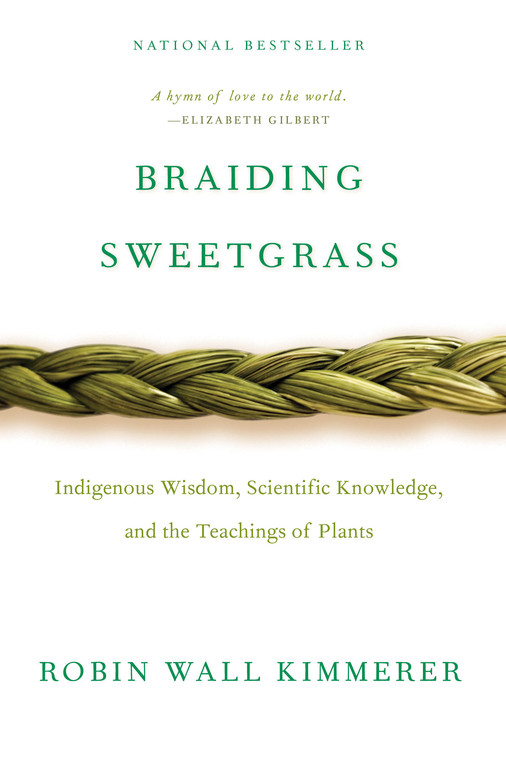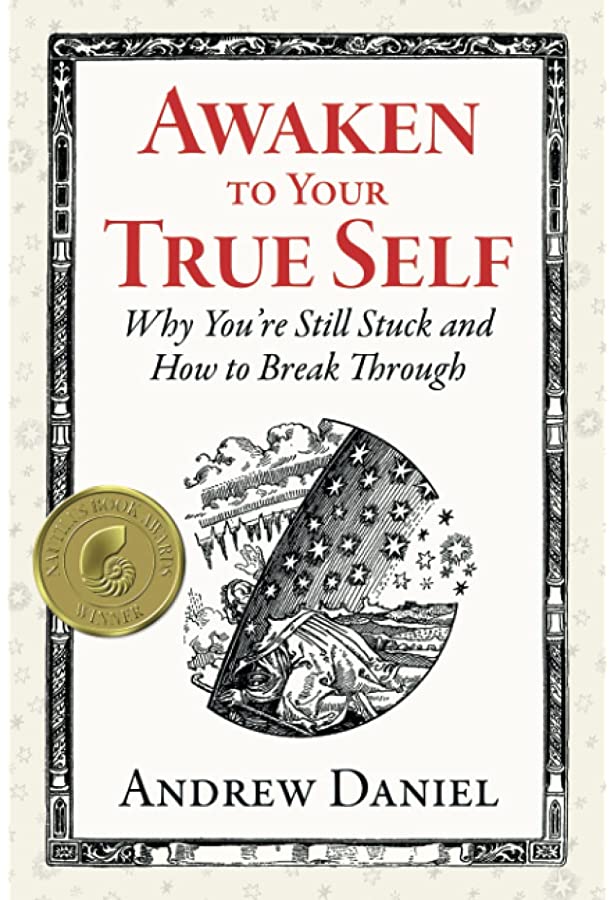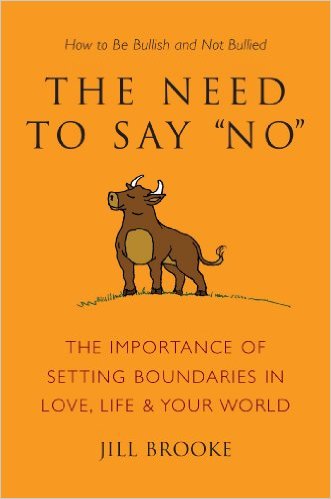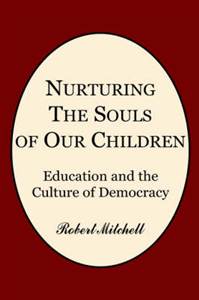Choreographer/JCF Co-Founder Jean Erdman Passes at 104
Location: Honolulu, Hawaii
Date of Event: May 04, 2020

The Joseph Campbell Foundation is deeply saddened to announce that its co-founder, award-winning dancer and choreographer, wife of famed mythologist Joseph Campbell, and extraordinary contributor to twentieth-century dance, passed away in Honolulu, Hawaii, on May 4, 2020—Star Wars day and the anniversary of the publication of Finnegans Wake—at the age of 104.
Jean Erdman established the roots of her career in modern dance as a young girl studying the hula and Isadora Duncan dance at Punahou School. She later observed Asian dance, particularly the dance of India, Bali, and Java, during a round-the-world trip with her parents, Marion Dillingham and John Piney Erdman.
Jean Erdman completed her formal education in Massachusetts and New York; drawn to the performing arts, she felt equally at home with dance, drama, and song while attending Sarah Lawrence College, where she met modern dance pioneer Martha Graham and mythologist Joseph Campbell. In 1938 she married Campbell, who proved a major influence as she shaped a career of performances grounded in world mythology. In her own words, “My mind was filled with mythological imagery, because Joe read everything he wrote to me out loud, to test the rhythms of his writing. At the same time, I was off on my own, exploring my own movement ideas quite separately.”

Immediately following their wedding, Erdman joined Martha Graham’s dance company. A principal dancer in Graham’s company from 1938 through 1942, Erdman originated a number of well-received solo roles, including that of the Speaking Fate in Punch and the Judy and the One Who Speaks in Letter to the World, Graham’s homage to poet Emily Dickinson. These speaking roles foreshadowed the interplay of word and movement that became a hallmark of Jean Erdman’s later creations.
 With Joseph Campbell’s encouragement, Jean left Graham’s company in 1943 and formed the Jean Erdman Dance Group to explore her own artistic vision. Over the ensuing decades she created her own choreography, collaborating with such luminaries as John Cage, Merce Cunningham, Lou Harrison, Maya Deren, Louis Horst, Teiji Ito, Isamu Noguchi, Ralph Lee, and numerous others.
With Joseph Campbell’s encouragement, Jean left Graham’s company in 1943 and formed the Jean Erdman Dance Group to explore her own artistic vision. Over the ensuing decades she created her own choreography, collaborating with such luminaries as John Cage, Merce Cunningham, Lou Harrison, Maya Deren, Louis Horst, Teiji Ito, Isamu Noguchi, Ralph Lee, and numerous others.
Throughout the 1950s she toured with her company at home and abroad. Jean Erdman was the first U.S. dancer to tour India and Japan as a solo artist after World War II (in fact, the international success of this private tour prompted the U.S. State Department to initiate cultural exchange programs with India and other Asian nations).

In 1962 she created what would become arguably her best-known work, The Coach with the Six Insides, an adaptation of James Joyce’s Finnegans Wake, drawing on dance, mime, and Joycean language to plumb the female psyche as expressed through the many faces of Anna Livia Plurabelle, the stream-of-consciousness novel’s female lead.
The Coach premiered off-Broadway on November 26, 1962, ran for 114 performances, and received the OBIE and Vernon Rice Awards for Outstanding Achievement in theater. A world tour followed that took Erdman’s production to Tokyo, Paris, Toronto, Dublin, the Spoleto Festival in Italy, and other major cities.
“The idea of story in dance hadn’t evolved and I didn’t even know I was doing anything unusual … That piece brought me into total theater, which had been a hope of mine that I’d almost forgotten: the idea that real theater, the theater I thought would be most exciting, would involve all the performing arts.”
In 1972 Erdman received a Drama Desk award and a Tony nomination for her choreography of the New York Shakespeare Festival’s rock opera production of Two Gentleman of Verona. That same year, she and Campbell founded the Theater of the Open Eye in New York City, where she served as artistic director, presenting over 100 works of traditional and experimental dance and theater. Joseph Campbell regularly presented workshops on mythology at The Open Eye.
After Joseph Campbell’s passing, Jean Erdman was the guiding energy behind the creation of the Joseph Campbell Foundation, founded in 1990. She served several years as JCF President, playing a major role in the preservation of Campbell’s personal library and archives, and made possible the publication of previously unreleased material in The Collected Works of Joseph Campbell.







